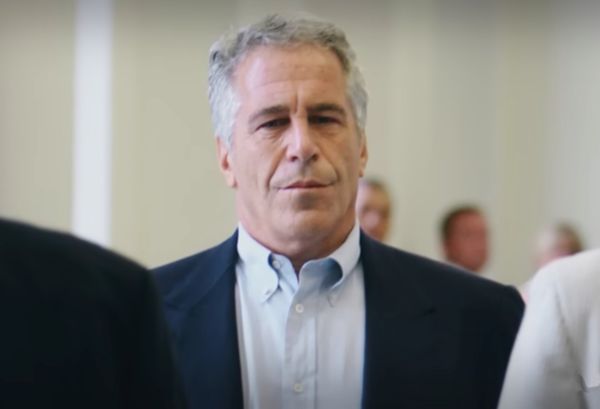The waiting list for NHS hospital treatment rose to a record of nearly 7.8 million in September 2023. And the 18-week treatment target, enshrined in the NHS constitution, has not been met since 2016.
About 3.2 million people in England are now waiting more than 18 weeks for NHS treatment. So what are the four parties promising?
Labour promises to hit the 18-week NHS waiting target within five years for non-urgent health conditions through 40,000 more appointments every week. They promise to deliver an extra 2 million NHS operations, scans and appointments every year.
The Conservatives promise to deliver 40 new hospitals by 2030 and build or modernise 250 GP surgeries. They also plan to build 50 more community diagnostic centres and unlock 2.5 million more NHS dental appointments in their dental recovery plans to reduce waiting lists.
The Liberal Democrats plans include giving everyone the right to see a GP or the most appropriate practice staff member within seven days, or within 24 hours if urgently needed. They also aim to give everyone over 70 and everyone with long-term health conditions access to a named GP and introduce a universal 24/7 GP booking system.
The Reform “contract” pledges an extra £17 billion a year for the NHS. It also pledges to bring the NHS waiting lists to zero in two years, while implementing fundamental reform, including introducing basic rate tax relief on private healthcare.
Can these promises be delivered?
A careful analysis of the 2024 manifestos reveals that a lot of these headline figures would need to be backed up with a comprehensive set of plans and objectives in a very tight fiscal climate.
For instance, Labour’s pledge of 40,000 extra appointments would roughly mean 2 million appointments per year, which would translate to an increase of just 2% compared with the year to March 2024.
It is also unclear how willing the staff would be to carry out additional appointments out of hours in the backdrop of the overstretched and exhausted NHS workforce after the pandemic. Reversing this trend over five years, while ambitious, would certainly be challenging.
In a recent interview with Piers Morgan, Rishi Sunak admitted failure over the promise to cut NHS waiting lists. And while the Conservative pledge to build or modernise 250 GP surgeries is welcome news, it’s just a drop in the ocean. The crisis in primary care has seen GP surgeries reduced from 7,600 in 2015 to 6,300 today in England. And the number of fully trained, full-time equivalent GPs has fallen by 1,800 from 29,400 in September 2015 to 27,600 in April 2024.
The plans to recruit and train an extra 92,000 nurses and 28,000 more doctors in the NHS by the end of next parliament is likely to cost in the region of £12 billion annually, even at current salary levels when factoring in overheads.
The Liberal Democrats propose £8.4 billion additional day-to-day spending for health and social care in England by 2028-29, but it is not clear if this is on top of current spending. It would not be nearly enough to meet demand and increased costs, and deliver the improvements suggested.
Reform has set out an extra £17 billion a year for the NHS, which is significantly higher spending than any of the three main parties.
By 2028-29, the Conservative party is pledging around £1 billion extra in cash terms for the NHS, Labour around £2 billion extra, and the Lib Dems £5.8 billion extra. Reform also claims that its policies would eradicate NHS waiting lists in two years, though specific details are missing and these claims have been disputed by experts.
Reducing NHS waiting lists in a meaningful way will need more than just extra cash without detailed information on the baseline spending level of this “extra” cash. The Nuffield Trust argues that credible funding plans would be needed for the NHS to be able to retain its existing levels of service, let alone extend and improve it".
Any success in this regard will also be contingent on two important and interrelated reforms of the adult social care and emergency care (described as a national emergency by a parliamentary inquiry), which have been largely ignored in this campaign and during the leader debates.
In my view, it might be difficult to hold the new government to account when so little is promised in terms of details and so much is ignored.
Paresh Wankhade is affiliated with the Fire Service Research and Training Trust (FSRTT) as a Trustee.
This article was originally published on The Conversation. Read the original article.







